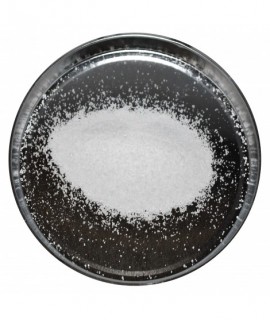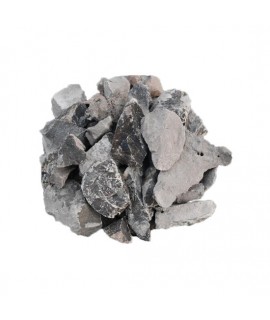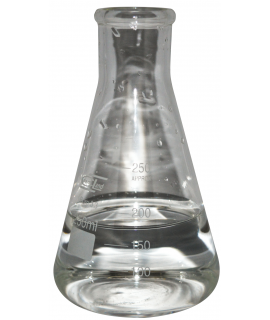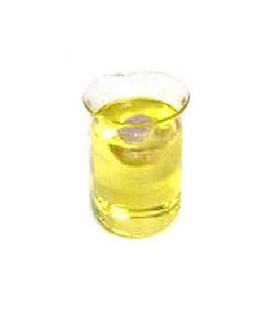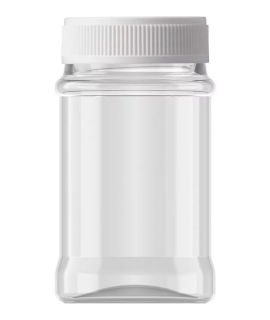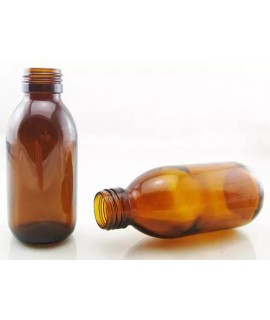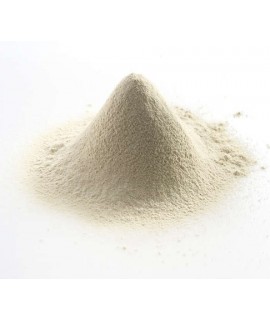|
Parameter |
Attribute |
|
Kalio chloridas |
Potassium and hydrochloric acid salt, Sylvite, potash muriate |
|
Formulė |
KCl |
|
Struktūra |
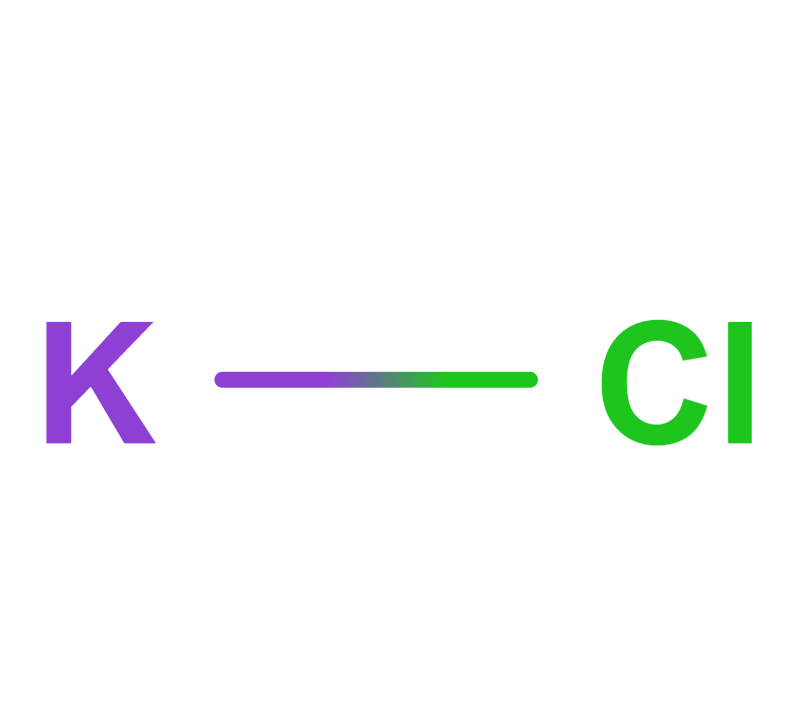  |
|
IUPAC |
Potassium chloride |
|
INCI |
POTASSIUM CHLORIDE |
|
CAS |
7447-40-7 |
|
Molinė masė |
74,5513g/mol |
|
Tankis |
1,984 g/cm3 |
|
Tirpumas |
In water: 277.7 g/L (0 °C) 339.7 g/L (20 °C) 540.2 g/L (100 °C) Soluble in glycerol, alkalis, freely soluble in alcohols, insoluble in ether |
Potassium chloride is also known as potassium salt. It is an odourless white powder. It is easily soluble in water and its solutions have a savoury, salty taste that is not as strong as table salt.
In agriculture and horticulture, potassium chloride is used as a fertiliser to enrich the soil with potassium before sowing agricultural crops. Potassium chloride is very effective on soils with a light granulometric composition and peaty soils. The optimum time for incorporation is autumn, to leach out the chlorine that is not needed by the plants during the winter. Fertilisation in spring, 2-4 weeks before sowing of summer crops. Before sowing or in late autumn 100-300 kg/ha for the main crop fertilisation. Soil acidifying fertiliser. Usually used in combination with phosphorus fertilisers. It is not recommended to fertilise chlorine-sensitive plants before sowing or planting. Potassium regulates plant nutrition, increases disease resistance and reduces nitrate accumulation. When soils have sufficient potassium, stems grow stronger and more resistant to sprouting.
|
Purpose |
Fertiliser rate per 100m2 (1 acre) |
|
Lettuce, radishes, beans, peas |
0,7-1,4 kg |
|
Onion, leek, dill, radish |
1,4-2,0 kg |
|
Parsley, cauliflower, courgettes |
2,1-2,8 kg |
|
Cabbage, beetroot, carrots, celery |
2,8-3,5 kg |
In the food industry, potassium chloride is used as a salt substitute or additive because it has a less salty, slightly bitter and in some cases non-salty taste. Potassium chloride is often mixed with traditional salt to give a salty taste and to have foods with less salt. In some cases, the savoury taste imparted by potassium chloride may have a bitter or metallic taste. Potassium chloride is also used in the production of mineral water to increase the mineralisation of the water and to enrich the water with potassium ions.
In livestock production, potassium chloride is used as a feed additive to increase the electrolyte content of livestock, thereby improving growth, health and milk yield of dairy cows.
In medicine, potassium chloride is used as a potassium supplement for the treatment of potassium anaemia. It can also be used in saline solutions, to restore the potassium-sodium balance and to improve heart function.
In glassmaking, potassium chloride is used in crystalline form to accelerate melting by lowering the melting point of the mixture. Since potassium helps to ensure the perfect clarity of glass, potassium chloride is used in the manufacture of spectacle lenses, glasses, TV and computer monitors.
In metalworking, potassium chloride is used in the electrolysis of aqueous potassium hydroxide solution and in the production of metallic potash by melt electrolysis. Potassium chloride is used as a flux, together with sodium chloride and lithium chloride, in the melting or welding of aluminium or aluminium alloys.
In water treatment, potassium chloride can be used as an alternative or as a supplement in the regeneration of water filters. Regeneration of the softening filter charge with salt (sodium chloride), pvx tablets or Brux salt results in an increase in the sodium concentration in drinking water, which is undesirable in cardiovascular diseases. Potassium chloride is added to the salt container to reduce sodium and increase potassium.
In ice melting: in several countries, potassium chloride is used to melt ice as an alternative to traditional salt and calcium chloride. With a higher operating temperature (-11ºC) than calcium chloride (-32ºC), but a lower operating temperature than sodium chloride (-9ºC), potassium chloride is less harmful to animals and plants.
In the firefighting industry, potassium chloride is used in the manufacture of powder fire extinguishers and is more commonly known as SUPER-K agent, which is more effective than sodium bicarbonate filler. Its use in newer fire extinguishers is limited by its corrosive properties.
In radiation measurement, potassium chloride is used as a source of beta radiation in the calibration of radiation measurement instruments. Naturally occurring potassium contains 0.0118% of the isotope 40K. One kilogram of potassium chloride contains 16350 becquerels containing 89.28% beta and 10.72% gamma rays with an energy content of 1.46083 MeV. The crystals produced at the appropriate temperature are suitable for the calibration of medical devices.
Important: Add the item to your basket, fill in the recipient's details and confirm your order. Thank you!
To save your precious time, we will deliver your order to your address at a time convenient for You!
*- The pictures of the goods may not correspond to the actual appearance, colour, assembly or shape of the goods and their packaging. The information in the product description is of a general nature and may not correspond to the information on the packaging of the product and may not be the exact use of the product. The information given on the stocks and prices of goods may, in certain cases, differ from the actual prices and stocks of goods
**- The product complies with the requirements for food additive E508 but is not intended for use as a food additive.
|
Signal word: Not applicable |
|
Hazard icons: Not applicable |
|
Danger phrases: Not applicable |
|
Precautionary statements: Not applicable |
Related products
(8 other products in the same category)


